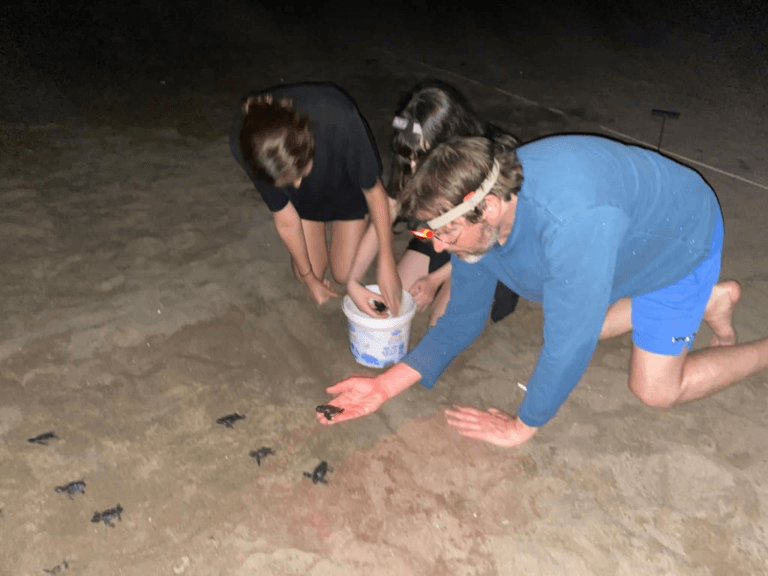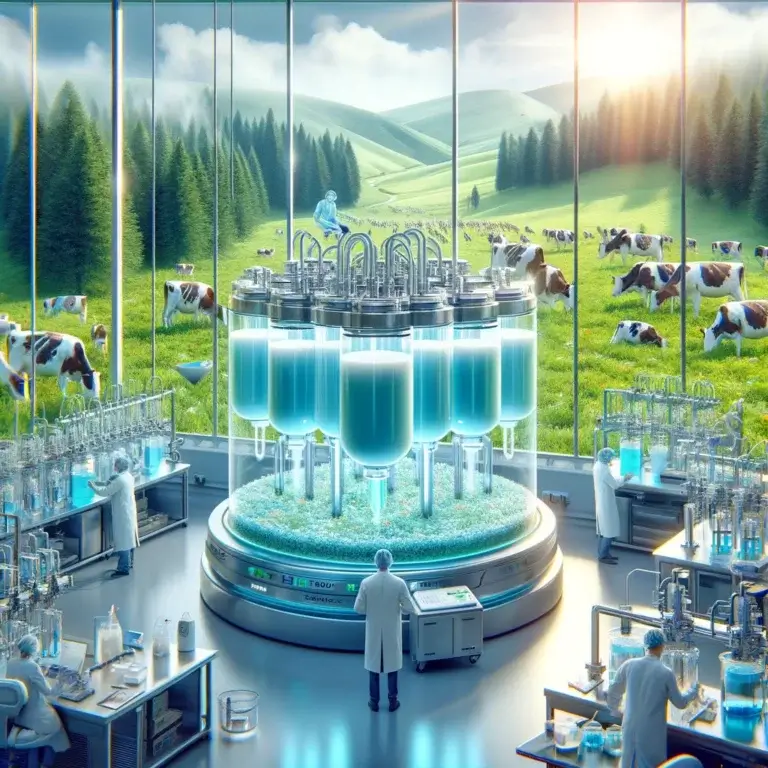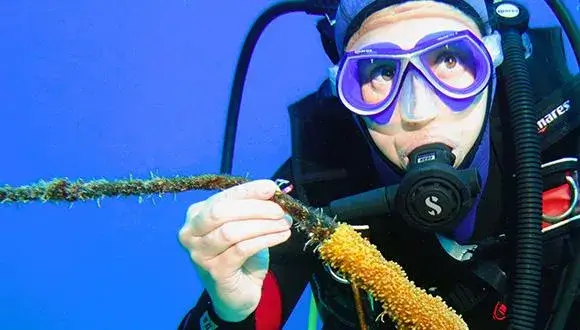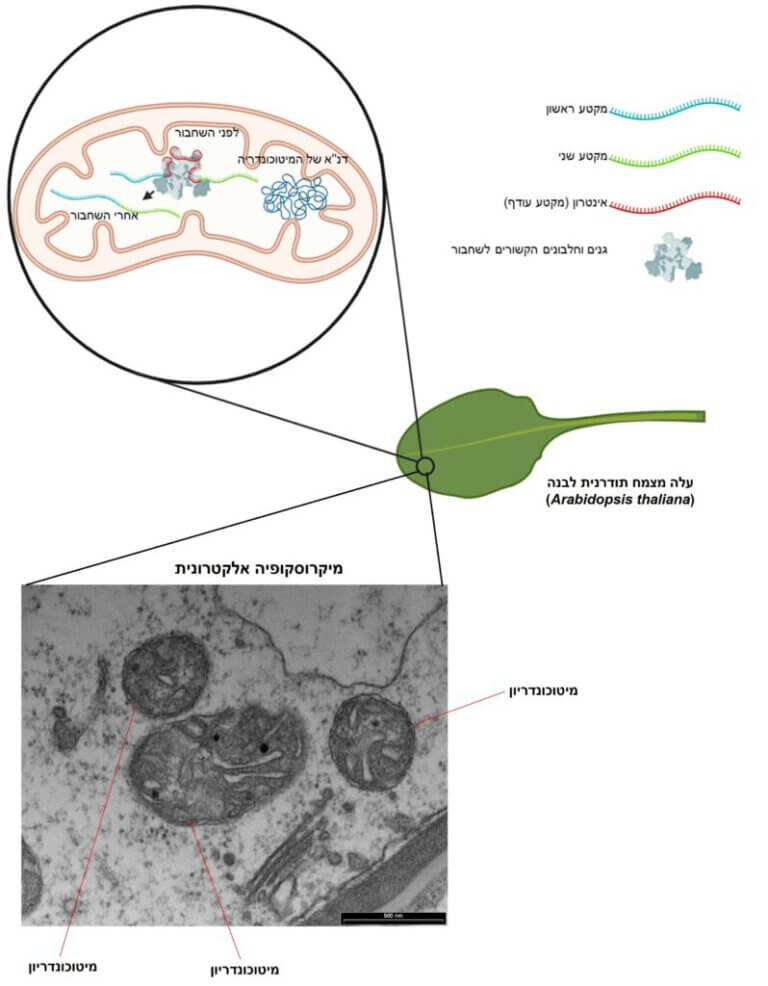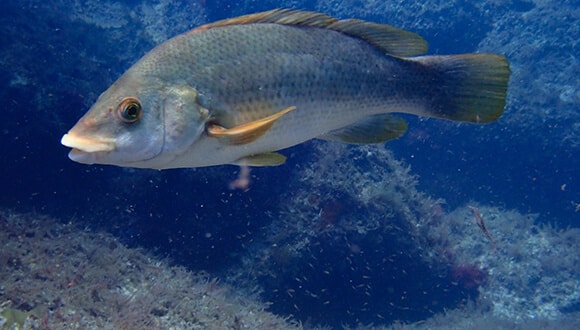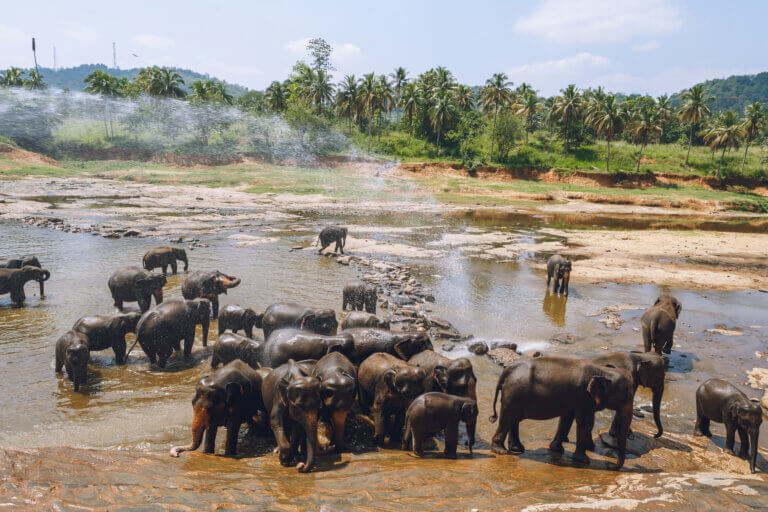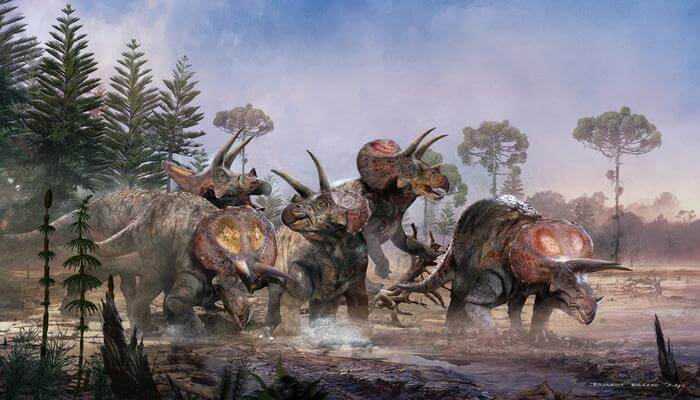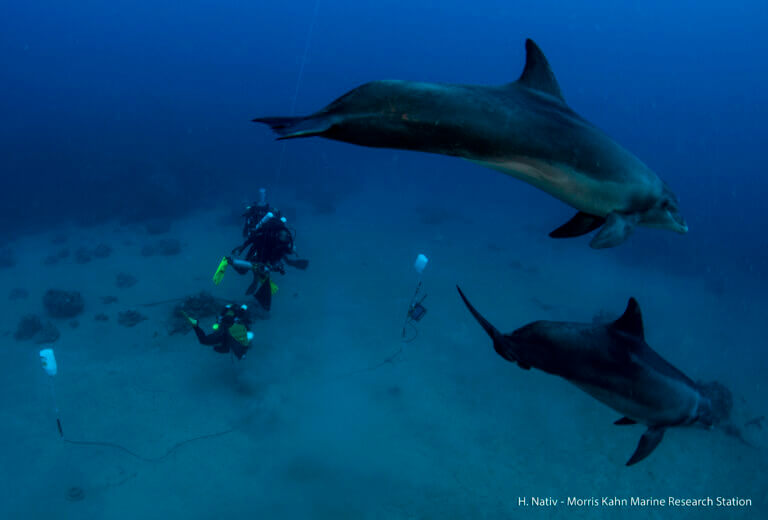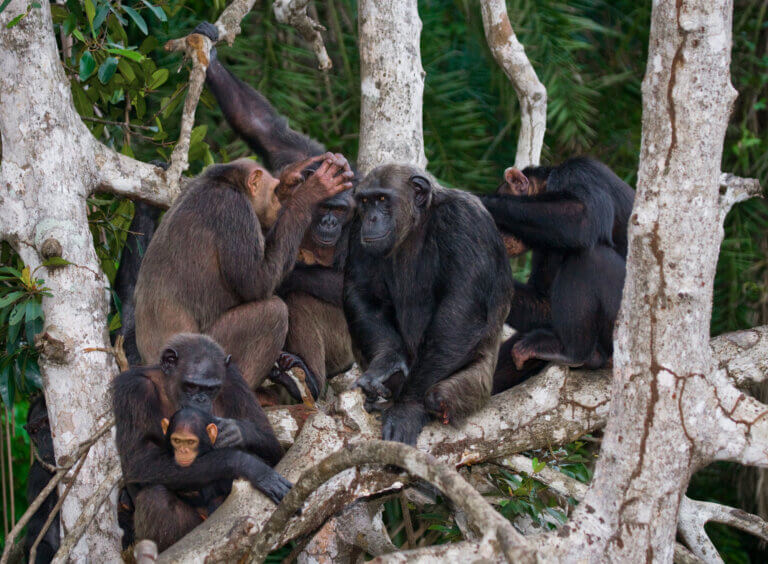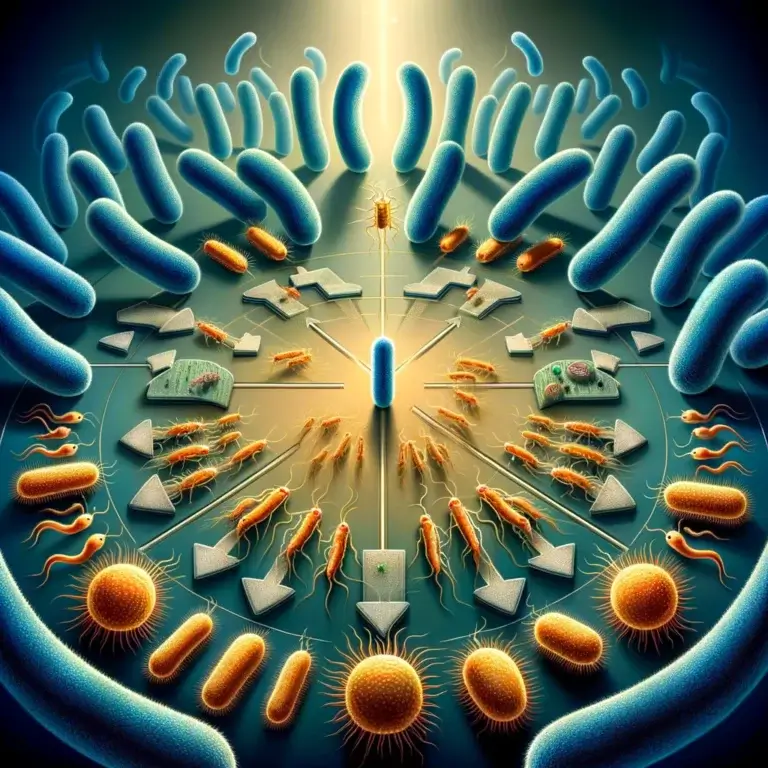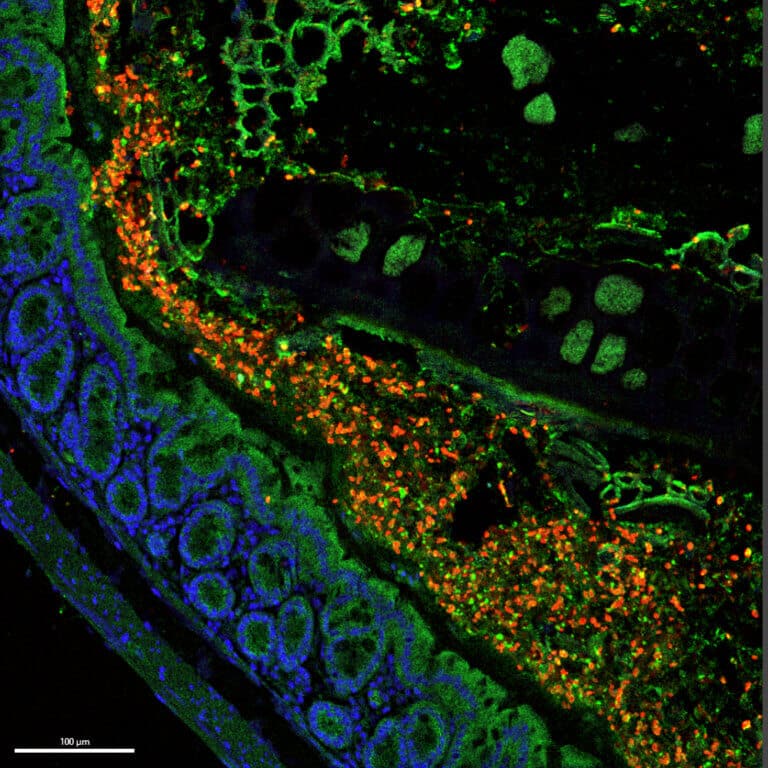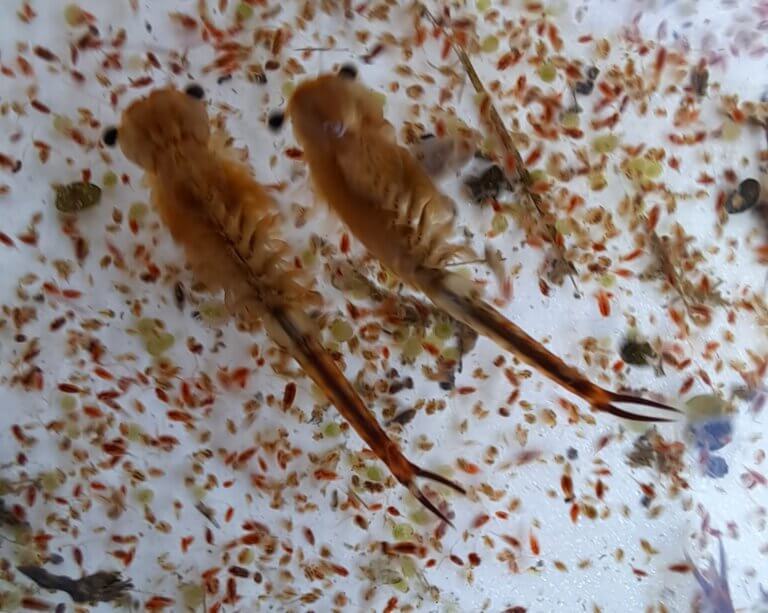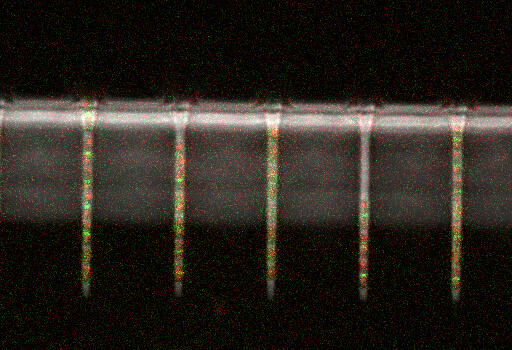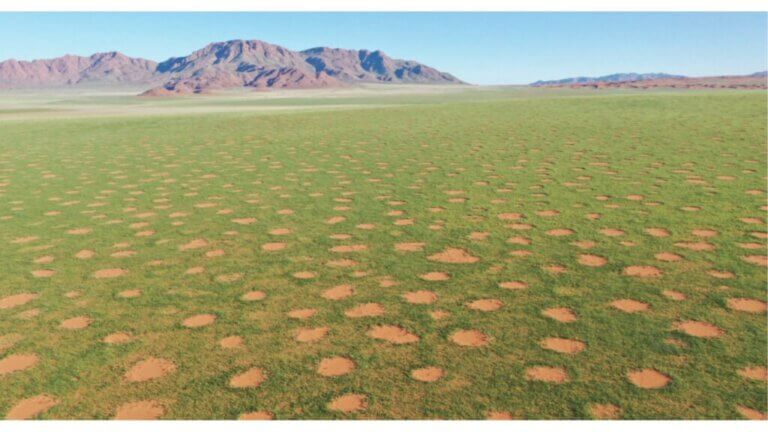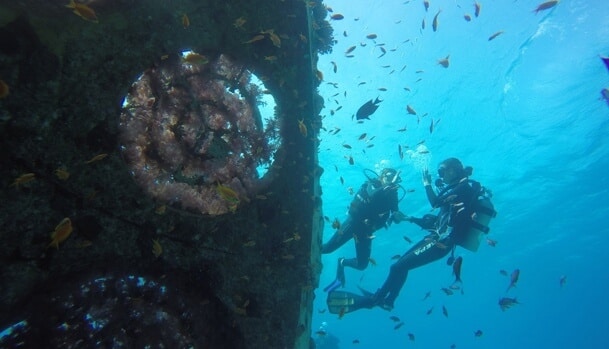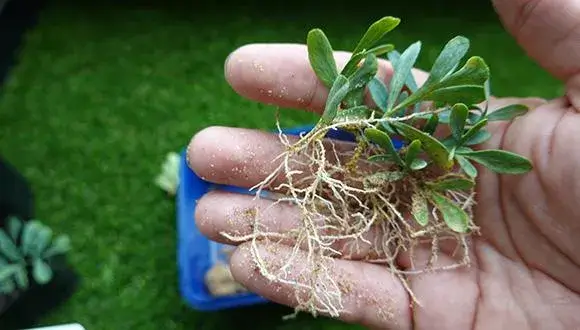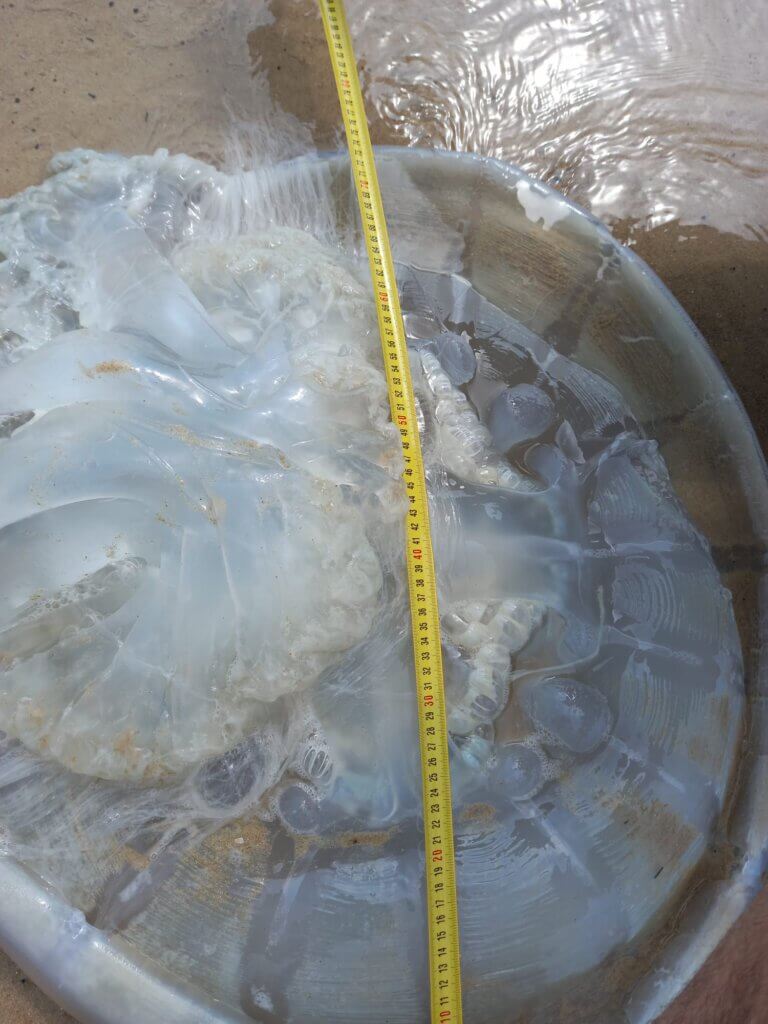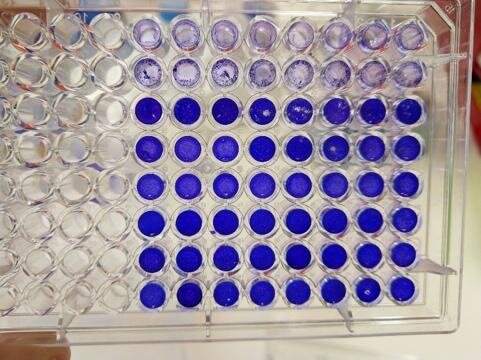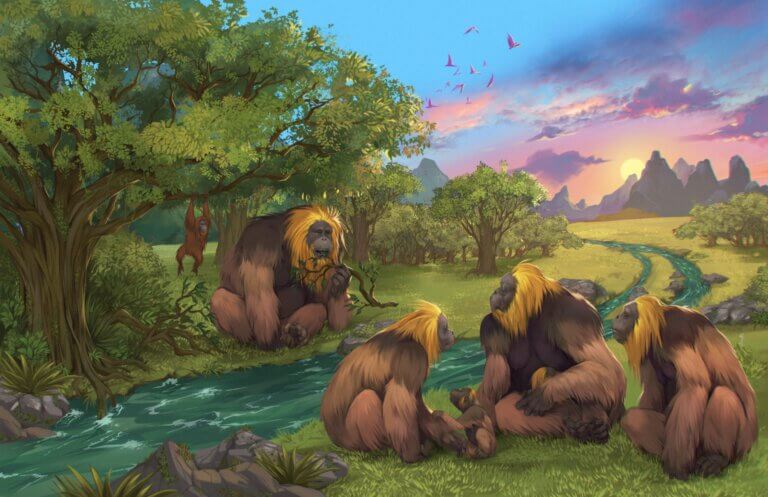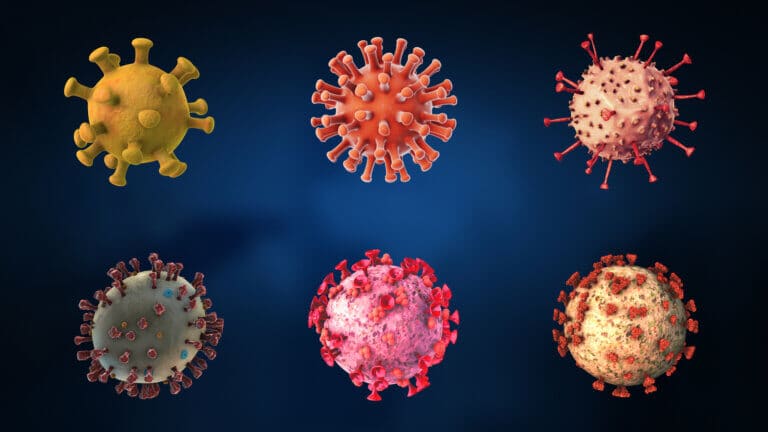Hayadan > Biology and Medicine > Evolution and nature
Evolution and nature
- The Technion
- April 20, 2024
- No comments
The intestine is a very dynamic organ that is constantly changing structurally, mechanically and chemically, and the intestinal bacteria are required to cope with this dynamism. One of the features that may help them in this is plasticity - the ability to undergo rapid genomic changes in response to changes in environmental conditions
- The Voice of Science website - the Israel National Science Foundation
- April 20, 2024
- One response
Prof. Oren Levy researches the timing of the reproduction of corals around the world and is surprised by Dioc. However the biological clock of the corals is not adapted to the volume lights
- The Voice of Science website - the Israel National Science Foundation
- April 19, 2024
Researchers analyze the DNA and hormonal profile of the green turtles to understand their physiology, development and reproduction and ensure their survival
- Dr.Roey Tsezana
- April 14, 2024
The Cow of Heaven project aims to find a way to produce milk protein from bacteria that feed on carbon dioxide and hydrogen
- Tel Aviv University
- April 6, 2024
The research team: "We must act quickly to continue protecting our coral reefs" * The article is dedicated to the memory of Tal Ilon, a man of the sea, the commander of the Kfar Gaza alert squad who was murdered on October 7
- The Voice of Science website - the Israel National Science Foundation
- April 5, 2024
Researchers have characterized genes and proteins that are involved in the splicing process in the mitochondria of plants and are essential for cellular respiration and growth
- Tel Aviv University
- March 28, 2024
Fish that change their distribution towards the poles due to climate change are declining in abundance
- Avi Blizovsky
- March 27, 2024
- 2 תגובות
Unlike the 2017 eclipse that occurred in August, this eclipse occurs when the spring migration is already underway. And since most birds fly at night, a solar eclipse may affect them significantly
- Tel Aviv University
- March 27, 2024
Why did the ancient man return again and again, over hundreds of thousands of years, to the same quarry sites? It turns out that the secret lies in the migration routes of the elephants
- Avi Blizovsky
- March 26, 2024
- No comments
A decade-long study shows that five three-horned dinosaurs lived - and died - together, similar to their depiction in Steven Spielberg's Jurassic World
- Haifa University
- March 26, 2024
- No comments
According to the researchers, the dolphins communicate in a different way and change their vocal behavior when they encounter the noise of a ship and therefore they are definitely affected by the noise of the ships. Past studies have already shown that a change in vocal behavior can be related to stress and distress
- Avi Blizovsky
- March 24, 2024
- One response
The loss of the tail occurred about 25 million years ago, when the lineage of humans and great apes split from that of the ancient apes. The researchers identified the insertion of a specific AluY element into the intron of the TBXT gene as a key event that could explain the loss of the tail
- Tel Aviv University
- March 21, 2024
This is how the decision-making mechanism of viruses works
- Weizmann Institute
- March 20, 2024
Scientists of the Weizmann Institute of Science have discovered a new species of Schmer that is able to push the legs of other species that may be dangerous to health; The scientists named the new species after Dr. Chaim Weizman
- The science service
- March 10, 2024
- One response
The ecological environment was discovered as part of a nature survey conducted by the Society for the Protection of Nature for the Municipality of Modi'in Maccabim Re'ot and financed and accompanied by the Ministry of Environmental Protection
- Weizmann Institute
- March 10, 2024
on the cellular division plan
- The Voice of Science website - the Israel National Science Foundation
- March 7, 2024
Integrating coping mechanisms of ecosystems makes it possible to deal with drought conditions
- Ben-Gurion University
- March 1, 2024
- No comments
Researchers from Ben Gurion University followed divers in Eilat for 15 years and found that the placement of the artificial reef reduced the pressure of diving on the natural reef
- Tel Aviv University
- March 1, 2024
Researchers have discovered a way to significantly optimize the rooting process in the natural genetic cloning process of plants
- Haifa University
- February 29, 2024
- 3 תגובות
After a summer without jellyfish, and the enormous size of the jellyfish in the winter swarms, we expect that the coming summer will be relatively abundant in jellyfish," said Dr. Dor Edelist, a marine biologist from the University of Haifa
- The Voice of Science website - the Israel National Science Foundation
- February 28, 2024
Researchers used RNA sequencing of individual cells to characterize the ways in which the corona virus spreads in the cells of the body, and in the general population
- Avi Blizovsky
- February 25, 2024
- One response
In the spectacular karst landscapes of southern China, giant apes, known as Gigantopithecus blacki, once roamed. They were three meters tall and weighed about 250 kilograms. They became extinct about 300 thousand years ago. The reasons for the extinction of these apes remained a mystery for years
- The Voice of Science website - the Israel National Science Foundation
- February 23, 2024
A study in immunocompromised patients found that the corona virus develops mutations while hiding in the lungs, which can help its spread in the rest of the population
- Dr.Roey Tsezana
- February 14, 2024
Thanks to an accidental discovery in the laboratory, researchers were able to improve plant growth and give them resistance to drought and salinity conditions, by exposing their seeds to a plant hormone in a simple and easy-to-apply process
- Angle - a news agency for science and the environment
- February 11, 2024
A new study reveals that about half of Americans are afraid to vaccinate their dogs, thereby risking the spread of rabies and other diseases that can harm the animal - and humans. And what is the situation in Israel?



